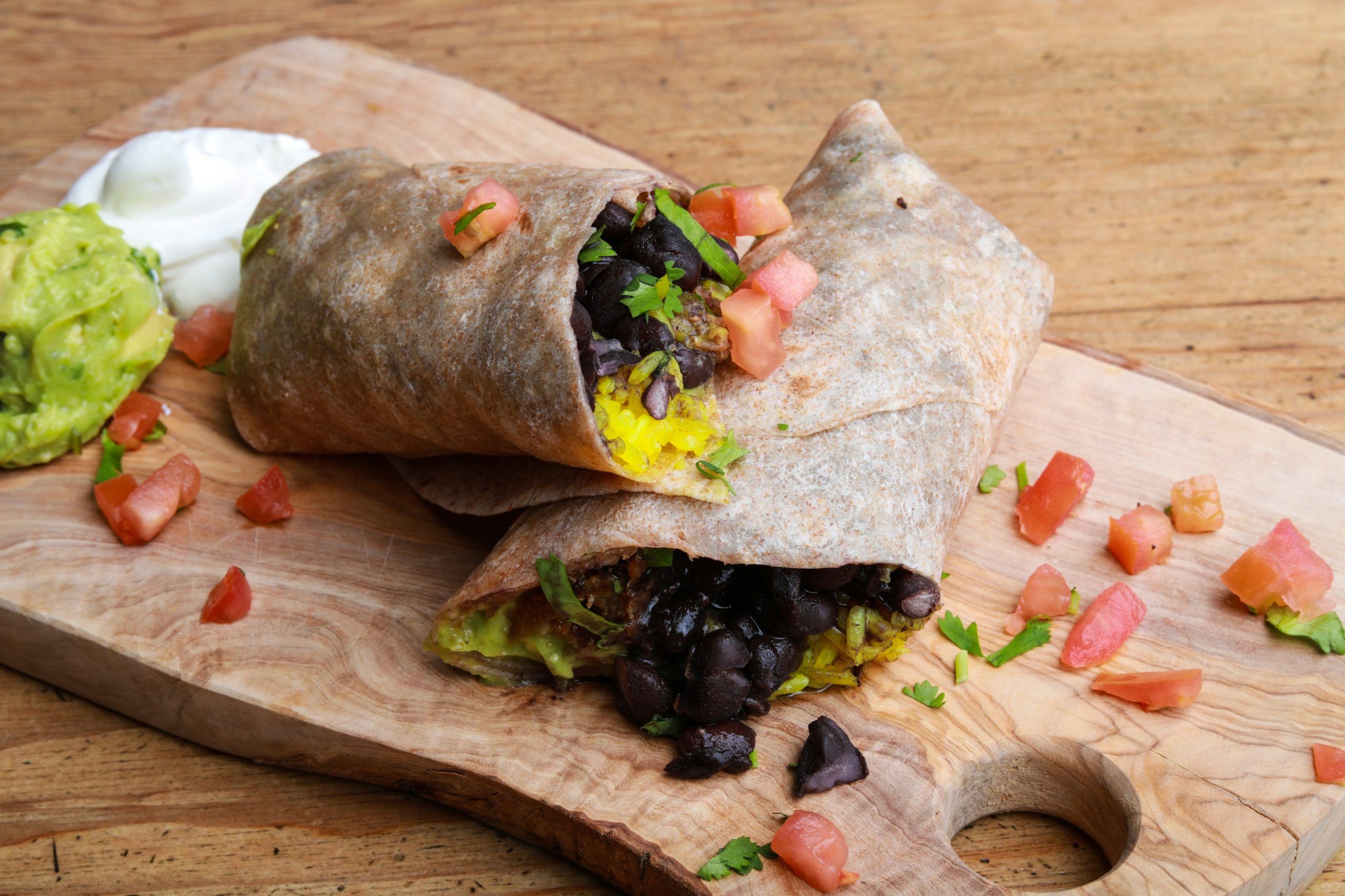Struggling U.S. restaurateurs could learn a lesson or two from their counterparts in the U.K., where COVID, labor shortages, supply chain and energy issues, and Brexit, have complicated survival, experts told The Food Institute.
The accounting firm UHY Hacker Young found ahead of a likely U.K. recession, 64% of restaurant companies are logging losses, The Guardian reported (Aug. 7). And with energy prices rising, the property consulting firm Gerald Eve reports only about half of the councils in England are making promised support payments from a $1.79 billion rates relief package approved in March 2021, The Guardian said.
U.K. restaurants are expected to raise prices by 6% this year, added to the 9% increase imposed last year, Bloomberg reported (Aug. 16). By comparison, the U.S. Labor Department’s Bureau of Labor Statistics shows restaurant prices up 8.9% between July 2021 and July 2022, with the latest month-to-month tally indicating they are leveling off. The previous year they were up 4.5%.
With that, Oberon Copeland, owner and CEO of Veryinformed.com told The Food Institute that U.S. restaurateurs can learn several lessons from the U.K.
“Firstly, it is important to manage costs carefully in order to stay afloat during tough times. Secondly, allowing prices to spiral out of control can quickly damage consumer confidence and put customers off returning. And finally, it is essential to have a robust plan in place for repaying debt,” he said.
Julie Swift, a former executive with the food service sales organization Waypoint and now an industry consultant, said value is the key – and to be able to define what value means to each demographic group.
“It sounds simple but is generationally divergent,” Swift said. “As an example, in a recent Datassential Mid-Year Trend Report, almost a fifth of the population said they would visit fine dining less often — typical of the state of the economy — while the same percentage of Gen Z consumers say they will visit more often.
“Their interpretation of value is decidedly different. Bottom line, U.S. restauranteurs who really know their demographic and cater to their version of ‘value’ are winning the day(part).”
Justin Worster, lead of industry solutions-restaurants at VDX.tv, agreed.
“Restaurant brands will also need to work on maintaining and building consumer confidence during hard economic times and can do so by highlighting available deals/offers that will help consumers save and stay within their budgets,” he said.
Worster also recommended leveraging digitalization to control costs, including mobile app development and first-party online ordering and delivery solutions.












